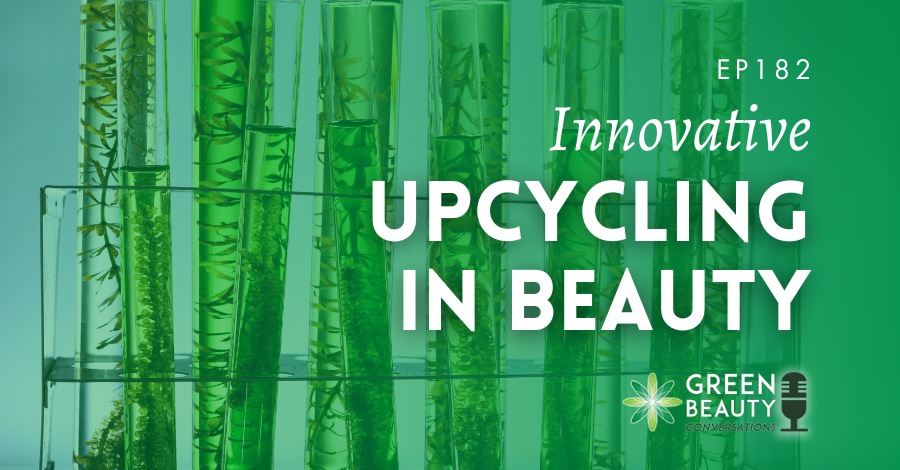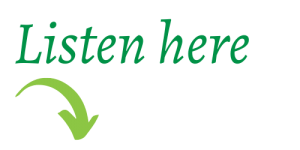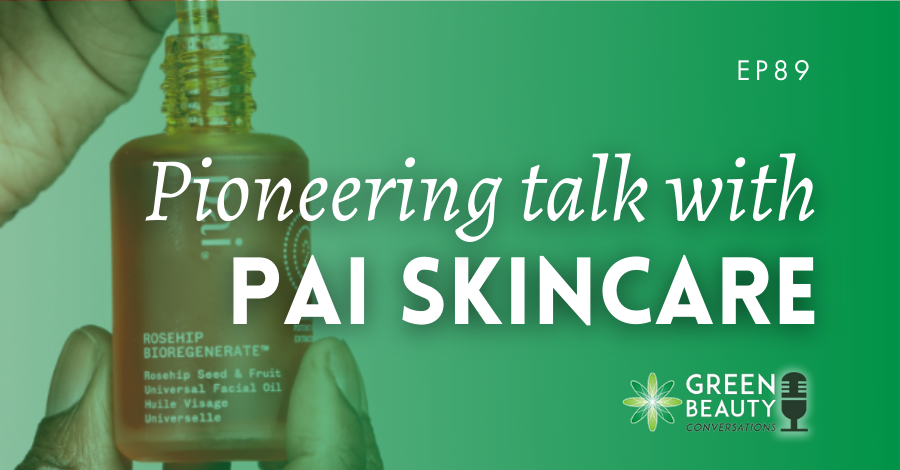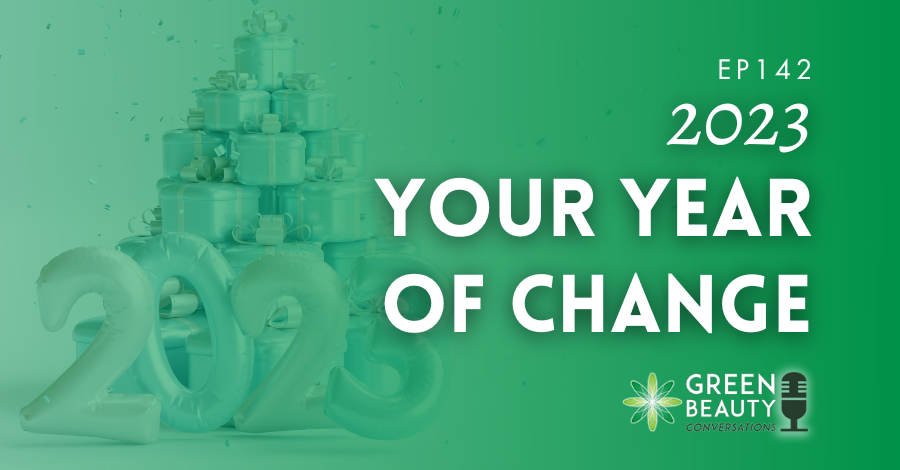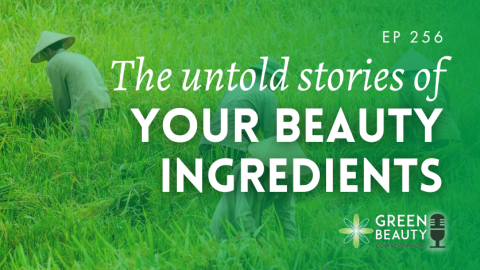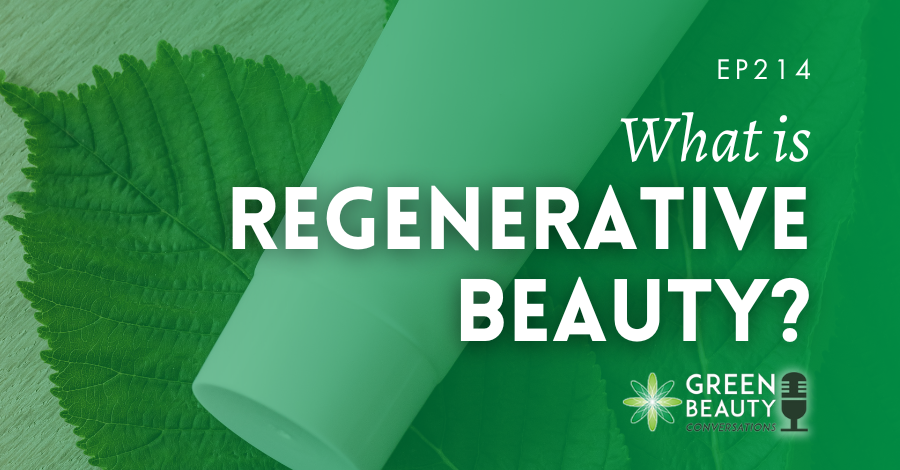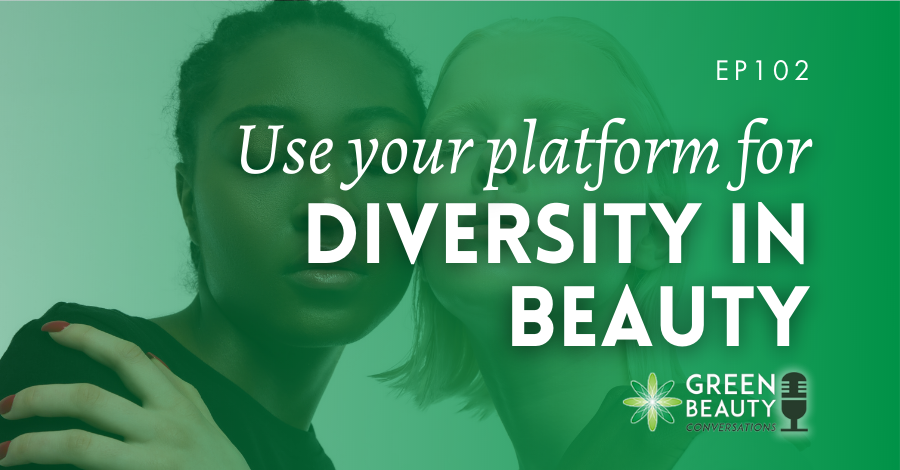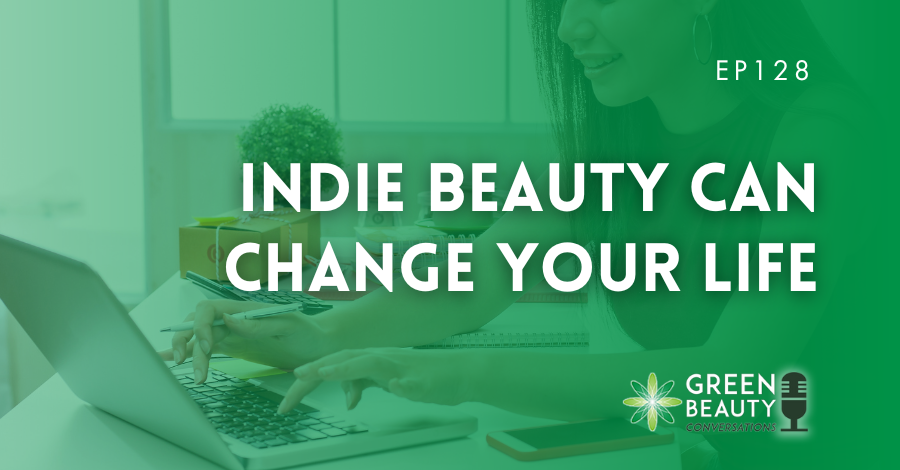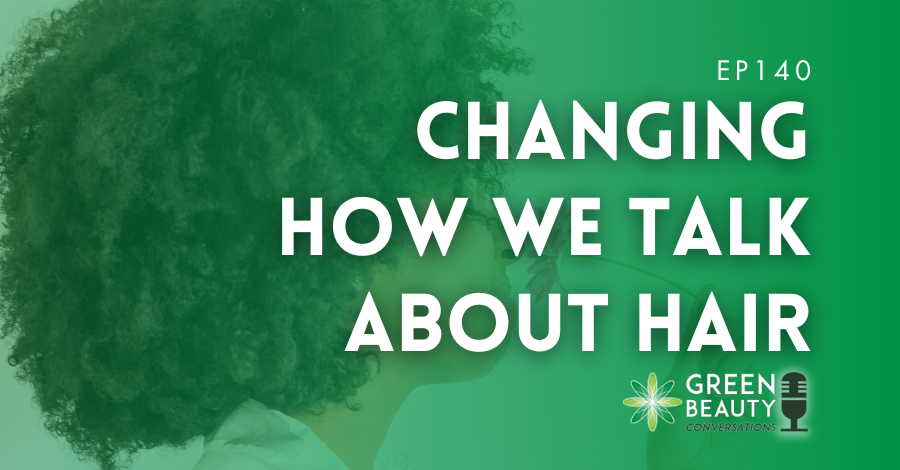Upcycled ingredients will continue to play a larger role in the future of beauty. As more players in the industry realise that the age-old economic business drivers of unbridled production and consumption are unsustainable, and increasingly criticised by beauty shoppers. Reusing what would normally be considered waste byproducts, is not only an innovative way to repurpose a wide variety of materials, but also a smart beauty business move and good for our planet.
In the last guest episode, Lorraine interviewed Geoff Chapin, CEO of Carbonwave; an innovative company from the USA transforming Sargassum seaweed into a number of amazing products. These include an all-natural plant-based emulsifier for the cosmetic industry. Geoff turned an environmental disaster into upcycling gold.
Join Formula Botanica CEO, biologist and Chartered Environmentalist Lorraine Dallmeier in this episode, as she covers just three fascinating upcycling techniques already in use in the beauty industry. These are just a hint at the possibilities for upcycling and circularity in the beauty industry of the future.
View this post on Instagram
At the heart of upcycling lies a core tenet of sustainability in the beauty industry – the concept of circularity. We discussed circular beauty back in episode 66. Give it a listen for a simple guide to circularity.
Circularity is easier to understand in the context of beauty packaging, but how does this concept work for cosmetic ingredients? The answer is ‘upcycling’. While we currently cannot keep waste materials in an infinite loop, we can give some of them another purpose in a useful after-life.
First, we have extraction and purification, as the most commonly known upcycling techniques. In episode 59, Lorraine interviewed Anna Brightman of Upcircle Beauty, about her inspirational story that began by saving hundreds of tonnes of coffee grounds from the landfill to use in beauty products. Extraction and purification begins with collecting leftover materials, which include coffee grounds, seeds, peels, and even flower petals. The leftovers are processed using various techniques such as steam distillation, or cold pressing, to extract their useful chemical compounds for use in cosmetics.
The second technique is fermentation. Fermented skincare is so popular in the beauty industry that The Lab at Formula Botanica (the school’s membership site) has a Mini-Lab course dedicated entirely to this topic. Fermentation involves transforming raw waste materials into upcycled materials by adding specific microorganisms like bacteria, yeast, and fungi.
The third technique is bioconversion or biotransformation. Similar to fermentation, this sees a wide range of biological agents like bacteria and fungi added to waste material. However, this process can involve enzymes as well. This technique, also known as white biotechnology, breaks down waste streams and converts them into different compounds.
There will no doubt be more innovative upcycling techniques discovered in the coming years. Spurred on by the evident effects of climate change, and the urgent need to drive sustainability in all economic sectors. It is encouraging to know that upcycling is one beauty movement that is here to stay.
Lorraine’s challenge to us as formulators, is to think about an upcycled ingredient that we can use in our formulations. So, if you are a beauty shopper – seek out a brand that uses upcycled ingredients and see what you think about their ethos and product performance. Let’s see how much circularity and creativity we can bring to the beauty industry together.
Thank you for joining us for this episode of the Formula Botanica Green Beauty Conversations podcast. If you enjoyed listening, please share, subscribe and review this episode on Apple Podcasts, Spotify or Youtube so that more people can enjoy the show. Don’t forget to follow and connect with us on Facebook and Instagram.
FREE TRAINING
Learn how to become an
Organic Skincare Formulator
FREE TRAINING
How to become an
Organic Skincare Entrepreneur
FREE TRAINING
How to become an
Organic Skincare Entrepreneur
Leave us a comment
Lorraine Dallmeier is a Biologist, Chartered Environmentalist and the CEO of Formula Botanica, the award-winning online organic cosmetic science school. Read more about Lorraine and the Formula Botanica Team.

